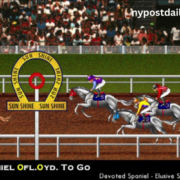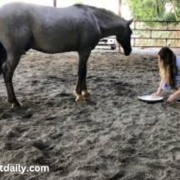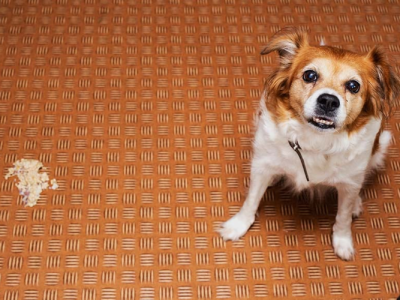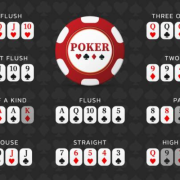In our 9-Week Journey Guide to Dog Pregnancy, we’ll take you through all of the changes and milestones that go hand in hand with your dog’s pregnancy.
At the end of this week your girl’s nipples will start to pink up and her abdomen will begin to enlarge. She can continue exercising as usual, just don’t push her too hard or she could risk exhaustion.
Week 1
Dogs are ovulating and are now in the first stage of pregnancy. This can be confirmed through a blood test and feeling the abdomen.
Your dog may also start to have a pinkish glow around her nipples. She may also vomit and feel uncomfortable during this period.
This is the time to start giving her smaller meals more frequently, avoiding overfeeding as it can cause weight gain and increase pressure on her abdomen. Diets containing omega-3 fatty acids, such as DHA, can be beneficial during this time.
Week 2
There are a few different methods for finding out whether your dog is pregnant. One is the simple abdominal palpation method, which involves massaging her tummy in a very gentle way.
The other is the pet pregnancy test which is based on a blood sample taken from your Bulldogology. It uses a hormone called witness relaxin which is produced by the placenta during pregnancy and is detected in the plasma.
Week 3
The average dog gestation period is 63 to 65 days, measured from ovulation. This does not always match the day they were bred, so it’s important to check with your vet to find out her exact due date.
In week 3, you’ll notice that her nipples start to change color and enlarge. They may also begin to leak milky fluid.
Week 4
During this week, your dog will likely notice her belly growing larger and may need smaller meals more often. This is a normal reaction to the increasing weight of her pups as they squeeze into her uterus.
As whelping approaches, your dog will want to find her own quiet place where she can give birth to her puppies. She’ll often dig a hole or seek out her favourite spot to lay, and she’ll also start moving blankets around.
Week 5
It’s normal for pet parents to feel a bit nervous about their pregnant dog. There’s a lot going on and some dogs are prone to misbehavior, clinginess, or reluctance to move around.
Pregnancy is a remarkably short period of time, ranging from 58 to 68 days in most cases. But some breeds can have longer pregnancies, so it’s important to know when to contact your vet if things don’t seem to be progressing.
Week 6
During this time, your dog will start nesting and will begin to create a cozy place for her puppies. This is a natural behavior that is purely for her benefit and will not cause you any trouble.
The growth of her pups is a lot faster during this final trimester, so it is important that she stays hydrated. You can help her by keeping a water bowl close by for her to drink from.
Week 7
A dog’s gestation period is 63 days, measured from the day she ovulates. However, breeds that are longer-bred (such as French bulldogs) can have much longer pregnancies than average.
The earliest physical sign of pregnancy is ‘pinking up’, when her nipples enlarge and become more apparent. This can be a little difficult to tell if she is pregnant or not, so always bring her to the vet for confirmation.
Week 8
If you’ve got a pregnant dog, you’re probably wondering what to expect in the next few weeks. We’ve created this handy week-by-week guide to help you understand what to look out for and when.
In the fifth week of pregnancy, your dog’s fetus will begin to grow and develop. It won’t need many calories for growth, so you can continue to feed her as normal.
Week 9
Dogs go through an incredible nine-week journey inside their mother’s womb, from just four cells to fully-grown puppies. Learn more about the incredible transformation your dog undergoes and how you can best care for her throughout her pregnancy.
During this time, you can continue to care for your dog the same way you would normally. However, exercise should be kept to a minimum, as too much physical activity can put her at risk of developing complications in the birth process.















Comments